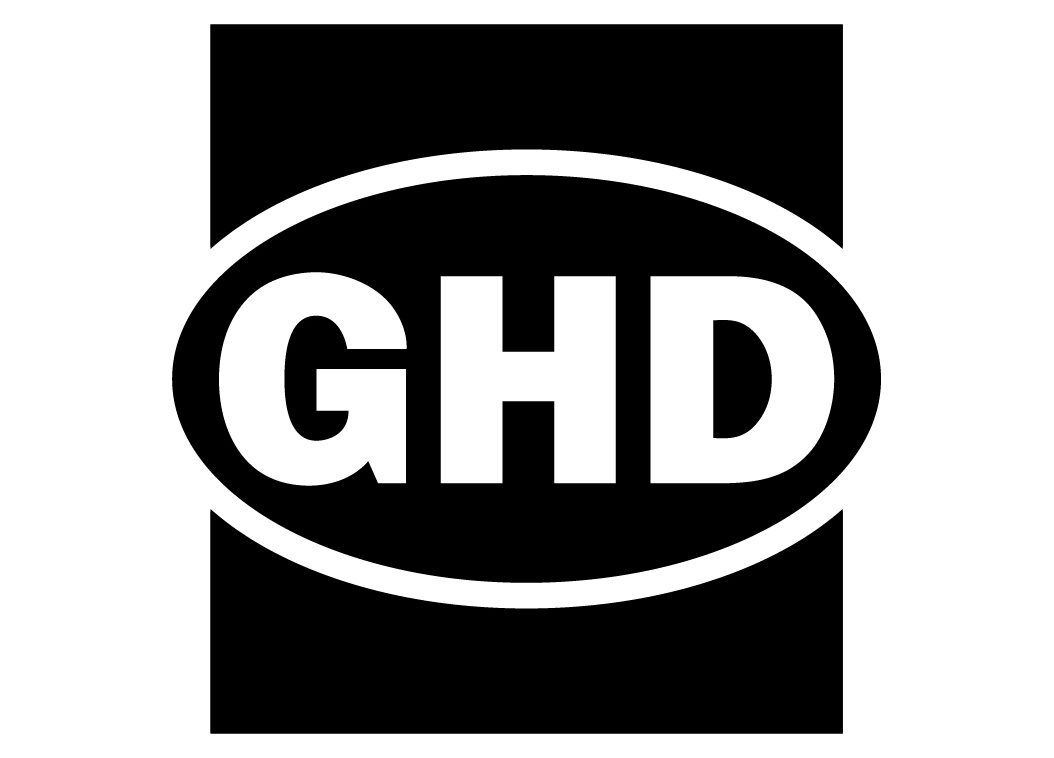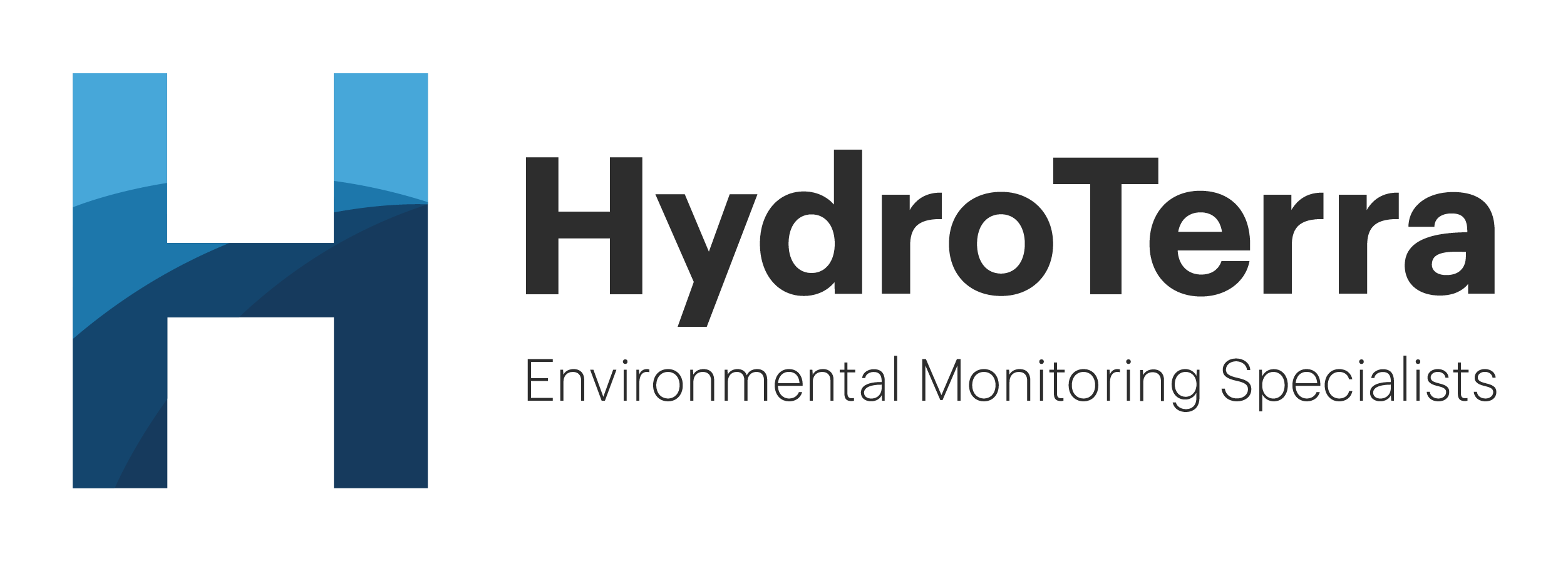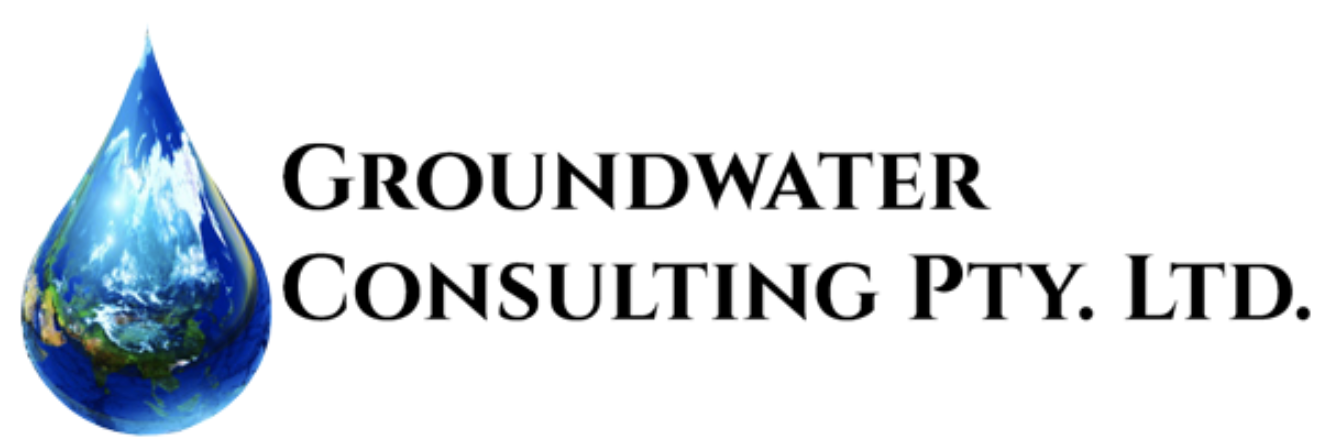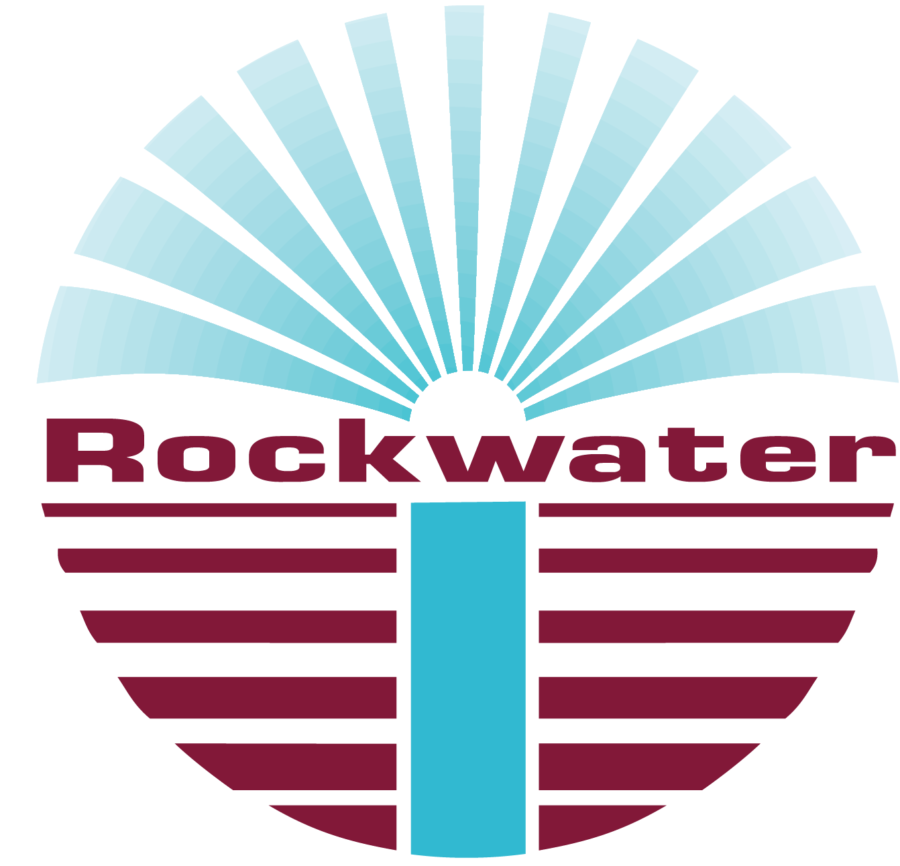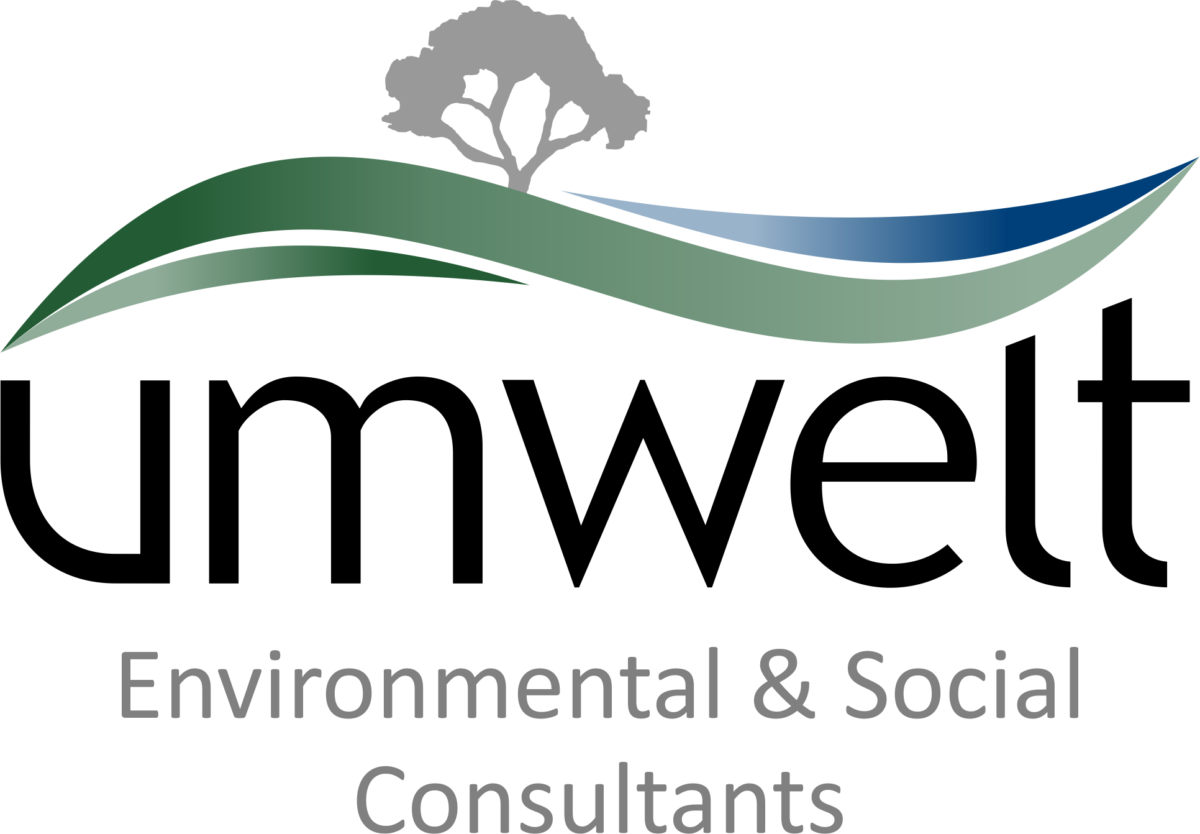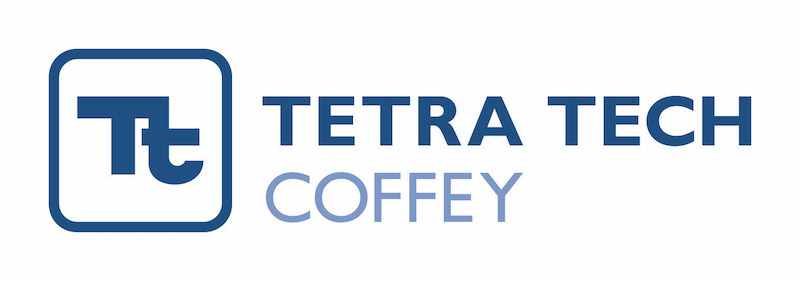Please join us for the 2013 McEllhiney Lecture by John Jansen
July 10 2013, 5:00 pm start for 5:45 lecture
Melbourne Hotel, corner of Hay and Milligan StreetsJohn joins us in the midst of his world tour, courtesy of the US-based National Ground Water Association. Please show him a strong Western Australian welcome.
Abstract
How will your groundwater resources fare in the future and how will that affect your business? How can we ensure the sustainability of our aquifers through sound science? How should groundwater contractors and scientists confront economic and political challenges affecting the resource that is pivotal to the success of their businesses? How is “sustainability” defined and what tools and strategies can be used to protect groundwater systems as well as those who obtain and develop it? What information must be gathered and compiled to build consensus and present a compelling case to regulators and policymakers?
- How several different definitions of “sustainability” apply to the management of an aquifer, and how these different definitions may affect your business
- States’ varying approaches to aquifer management, reflecting their local conditions and history — with specific considerations of how the approach in your state affects you and your business
- How regulatory practices are evolving, and why they must balance local economic and political realties with environmental needs to be accepted and successful
- Meaningful ways that you provide information and build consensus, to help the regulatory evolution move in a positive direction
- Steps needed for successful management from all perspectives.
Biography
John Jansen, Ph.D., PG, is a principal and senior hydrogeologist for Cardno ENTRIX and works on a wide variety of groundwater projects around the country, specializing in high-capacity wells and groundwater resource management. Formerly a partner in a Denver-based water rights company and the chief geoscientist for an international drilling company, he has broad experience in well construction and maintenance, as well as water rights issues.
Jansen holds three U.S. patents on water well-related technologies and is the lead author of the chapter on borehole geophysics in the third edition of Groundwater & Wells, published in 2007. He is a professional geologist in seven states and a registered geophysicist in California. Jansen’s a member of the Advisory Council on Water Information, a federal advisory committee advising the U.S. government on water research priorities, where he had been active in the development of a national groundwater monitoring network. He has a B.S. in geology and an M.S. and Ph.D. in geological sciences, with an emphasis in hydrogeology and geophysics, all from the University of Wisconsin-Milwaukee.
Sponsorship
The McEllhiney Lecture Series in Water Well Technology is made possible by a grant from Franklin Electric Co. The McEllhiney Lecture Series is a feature of the National Groundwater Association.







